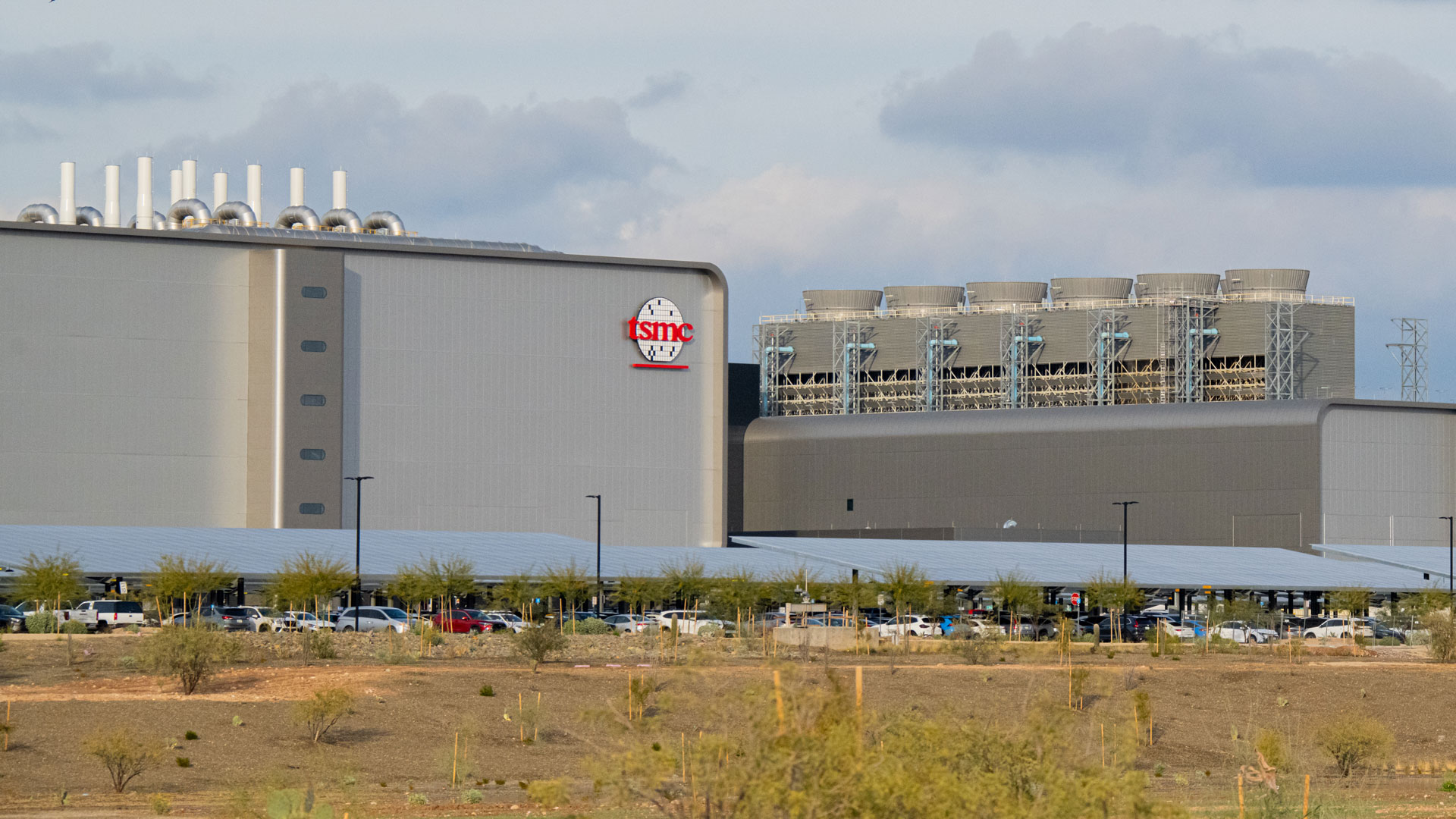TSMC is being sued by current and former employees, including a talent acquisition director, over alleged employment discrimination. The employees claim that TSMC, the world's largest chipmaker, has favored employees who are Taiwanese citizens and forced out American workers. Forbes first reported on the suit.
The suit was first filed by Deborah Howington, a talent acquisition director, back in August. Howington claims she saw the HR department create a workplace in "which non-Asian employees and non-Taiwanesecitizens are subjected to a stricter level of scrutiny than similarly situated Asian employees (including Taiwanese citizens)." Since then, a dozen former TSMC staffers have also joined the suit.
TSMC is set to get $11.6 billion from the United States through the CHIPS and Science Act, with $6.6 billion in cash and $5 billion in loans. TSMC is using the funds to build a series of fabs at its plant in Arizona.
"Having accepted $6 billion in U.S. federal funding and elected to compete within the U.S., it’s imperative that TSMC comply with federal discrimination laws and treat all races, national origins, and citizens equally,” the plaintiff's attorney, Daniel Kotchen of Kotchen & Low told Forbes. “We’re confident in our case and look forward to presenting the case to a jury."
TSMC declined to comment on the litigation to Tom's Hardware, but added: "TSMC believes strongly in the value of a diverse workforce and we hire and promote without regard to gender, religion, race, nationality, or political affiliation because we respect differences, and believe that equal employment opportunities strengthen our competitiveness. We also provide various channels for employees to raise concerns, and strive to address concerns constructively."
Among the allegations in the complaint are that TSMC's HR team in Taiwan sends the U.S. arm of the company the resumes of candidates that have already been vetted and can work in the U.S., and then the U.S. team "simply hire these Asian/Taiwanese candidates without question, even if no open roles have been posted in the U.S." The suit also claims that a desire for Mandarin or Chinese language skills have been listed even if they wouldn't be required for the position and that the use of Mandarin is used to exclude employees that don't speak the language and limit their career advancement.
The suit also alleges that Taiwanese employees on visas are being used to reduce the number of union positions for U.S. workers.
There have been a number of reports that TSMC has been having trouble finding its footing in the United States, with concerns over labor practices driving away American workers with "several hundred" employees being brought in from Taiwan to meet deadlines. That's on top of TSMC having trouble adjusting to U.S. work culture.
In October, TSMC's U.S. president Rick Cassidy said that its Phoenix plant achieved a 4% better yield than comparable manufacturing sites in Taiwan in early tests, which is a good sign for the fab.
Not much money from the CHIPS act has changed hands yet, as the US government looks for strict milestones for chipmakers to receive taxpayer dollars. It's unclear if lawsuits over discrimination against American workers and hostile work environments will affect that further, as well as any changes that may occur to the CHIPS Act as the Biden administration wraps up and former President Donald Trump returns to the White House in January.

TSMC sued for race and citizenship discrimination at its Arizona facilities (updated)
TSMC has been accused of preferring Taiwanese employees.
Last edited by a moderator:


